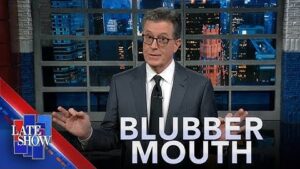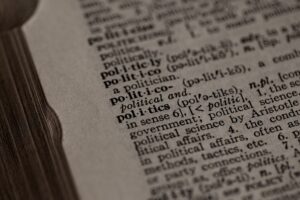
When you make purchases through our links we may earn a small commission.

Photo Credit: TheSmokingChair.com
🇺🇸 Support our Patreon for only $1.99 a month 🇺🇸
🍻 Join us on Facebook @PartisanForThePeople 🍻
The move
The CFPB in January released a long-awaited proposal to cut the fees that large banks and credit unions can charge consumers for overdrawing their accounts. The proposal would allow banks to charge fees to cover the cost and losses associated with courtesy overdrafts — either a “breakeven” fee based on the bank’s own calculation or a benchmark fee — both of which would be lower than the punitive $30 or $40 fees that many banks impose now. The CFPB proposed several options for the benchmark fee, ranging from $3 to $14. The agency is also expected to finalize a proposal cutting credit card late fees to $8.
The impact
The CFPB expects its overdraft rule to save consumers up to $3.5 billion a year. While large banks have already dramatically pared back overdraft fees in recent years, they remain a source of significant income for many smaller banks and the financial services industry is gearing up for a major fight over the proposed rule. Lenders argue that unlike hidden resort or concert charges, the fees they impose are disclosed and serve a purpose by deterring poor financial behavior.
The upshot
Republicans have already pushed back on the proposals, arguing they will reduce access to credit and raise the cost of banking for all consumers, including those who make prompt credit card payments and don’t overdraw their bank accounts. A GOP administration would likely try to roll back both rules.
SHARE
RECOMMENDED FOR YOU:
Financing Universal Basic Income: A Comprehensive Approach
You’ll get more articles like this – and our favorite promotional offers delivered straight to your inbox.
By submitting this form you agree to our terms and conditions. You can unsubscribe at any time.































